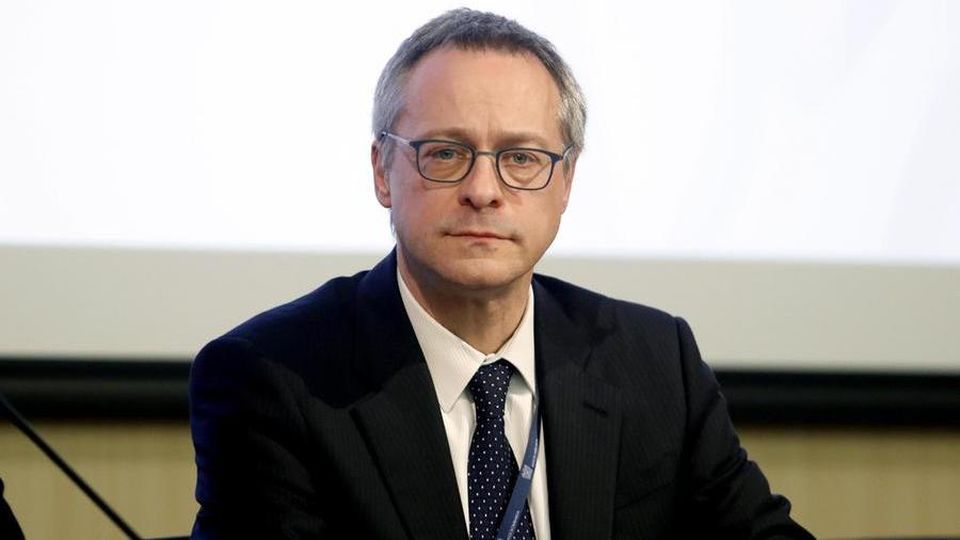Possible Ets suspension and gas price cap requested by Confindustria?

The president of Confindustria, Carlo Bonomi, asks the government to combat expensive energy through three measures: the unhooking of electricity and gas prices, the national gas price ceiling and the suspension of emission quotas. All the details
Interviewed by TG1 , the president of Confindustria Carlo Bonomi asked for government intervention to counter the increase in natural gas prices, which is threatening the competitiveness – and perhaps the survival – in particular of the most energy-intensive Italian companies (ceramics and metallurgy, for example).
THE ELECTRICITY-GAS EXCHANGE AND THE ROOF AT THE PRICE
Bonomi proposed to “decouple the price of electricity from that of gas”, as said by the Prime Minister Mario Draghi himself , during his speech at the Rimini Meeting. And to establish a ceiling on the price of gas: "if it is not done at a European level", he specified, "it must be implemented at a national level".
But replicating the price cap introduced by the Spanish government in Italy may not be possible . As explained by Sergio Giraldo , manager of the energy sector, in fact, "the essential requirement of this mechanism [the Spanish one, ed ] is the substantial electrical isolation of the Iberian peninsula, which avoids influences on the prices of other countries". "If this system", he continued, "were applied to Italy, which has interconnections with Greece, Slovenia, Austria, Switzerland and France, considering the algorithm that calculates the prices, in the border areas there would be incentives to export energy from Italy, nullifying the cap itself ".
Coordination at the European level seems to be necessary, in short, as recognized by the Minister of Ecological Transition Roberto Cingolani.
SUSPEND THE ETS
The president of Confindustria also spoke of the need for "a temporary suspension of ETS certificates and a portion of the production of renewable energy at administered cost should be reserved for manufacturing companies".
WHAT IS THE ETS
The ETS (Emission Trading System) is the European system for trading carbon dioxide emission quotas . The Union – in short – has created a market in which companies are provided with a certain number of "pollution permits" per year, which they must not exceed. The number of permits (or quotas) decreases over time, causing the price of carbon to rise; the less polluting companies can sell their unused quotas to those that would otherwise exceed the maximum threshold and would be sanctioned.
The whole system serves to make it inconvenient to use energy produced from fossil sources (coal, oil, natural gas) and to encourage the transition to cleaner forms of energy (such as renewable ones).
REVENUE FOR STATES
The trading system of CO2 quotas, explained Guido Salerno Aletta, “represents a form of environmental taxation, based on the principle of proportionality and correspondence according to which 'the dirtier, the more you pay'”.
Basically, each power generation plant has its own CO2 emission coefficient for each kilowatt hour produced. This coefficient is very high for coal and fuel oil plants (two particularly polluting fossil sources); it is on average high for natural gas plants; it is very low or zero for renewable and nuclear plants.
For this reason, each state of the European Union collects greater or lesser proceeds from the sale of emission quotas depending on the energy source most used for the production of electricity. In recent months, the Draghi government has drawn on the revenues from auctions of CO2 emissions quotas to finance measures against high energy prices.
This is a machine translation from Italian language of a post published on Start Magazine at the URL https://www.startmag.it/energia/confindustria-ets-tetto-prezzo-gas/ on Fri, 26 Aug 2022 09:24:46 +0000.
